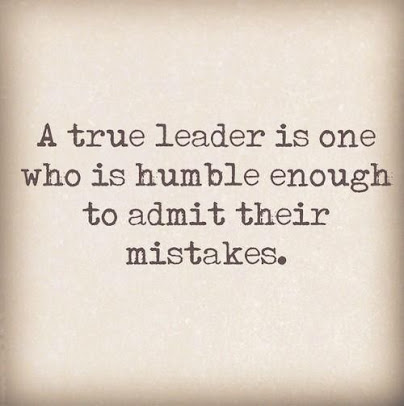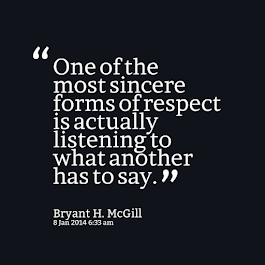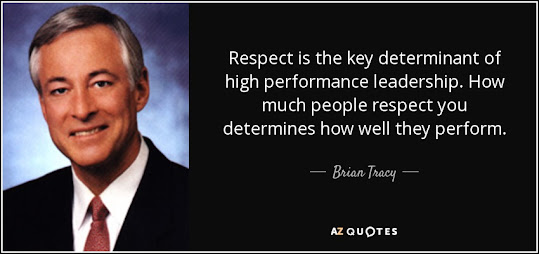Servant Leadership is a growing field of academic study with entire leadership conferences and organizations dedicated to its development and understanding. It has become very 'in' and stylish, almost to the point of being chic. Don't get me wrong, servant leadership is a powerful concept and I truly believe that the most effective leaders are servants first in that their responsibility is to serve their team and its members. I am; however, very concerned that it has become almost blasé to the point where it is not really understood what it truly means to be a servant leader and to serve other as their leader.
I would posit that true servant leadership starts as an attitude. It is a mindset, it is a world view, it is a set of lenses from which to view the world. In a sense, it is a calling. Servant leaders operate from a standpoint that their purpose is to serve people one person at a time. History has a plethora of leaders whom we would call servants: Jesus of Nazareth, Harriet Tubman, Abraham Lincoln, Mother Teresa, Mahatma Gandhi, Martin Luther King, Jr., Nelson Mandela, and the list goes on. They were either leaders who served or servants who led; or both! Serving was in their DNA!
That then begs the question, "Are servant leaders just born?". I would argue NO. While the above list would seem to support the proposition that servant leaders are born, one only has to read Louis Fletcher's The Life of Mahatma Gandhi to understand the transformation that Gandhi underwent to become the icon that is almost revered today. The same can be said for almost anyone else on this list. Today there is overwhelming consensus that leaders are and can be made. The Great Man theory of leadership has been all but debunked over time.
Serving is an essential component of leading. It is not complicated. It can be developed through deliberate actions with the right heart and attitude.
I have shared this story before but revisit it here as it is pertinent to the point I am making.
Arguably the greatest coach of all time in any sport, and most certainly college basketball, was the late John Wooden. Coach Wooden is famous for his 10 NCAA National Championships, 88 victories in a row, and his iconic Pyramid of Success. Coach Wooden was THE MAN!!! And yet, he was a very humble servant who believed that he did not coach basketball as much as he developed young men of character who played basketball. It would not have been surprising if he had become somewhat inflated with his own success and self importance, and yet he didn't. Coach Wooden instilled in his players that if they did their best and gave 100 % consistently throughout practice and games, the winning would take care of itself.
Coach Wooden's UCLA teams won 10 NCAA National Basketball championships in 12 years between 1963 and 1975 including 7 in a row between 1967 and 1973, In that span, the Bruins won an astounding 88 games in a row. Impressive. Wooden was a natural! Not so fast... Coach Wooden's first season at UCLA was the 1948-49 season. From 1948 to 1963 UCLA was competitive, but not dominant. Coach Wooden was molding a program. He was teaching and modeling success that would and did pay off in the end. So why did I give you that extensive back ground on this great coach? During his time at UCLA, especially in the early years, it was not uncommon to find Coach Wooden sweeping the gym floor! Why?? According to him, "because it needed to be done.". Let that sink in... the greatest coach of all time was frequently found sweeping the gym floor because it needed to be done. It was not beneath him. He served and did what needed to be done. That is servant leadership!
So my challenge is this: ask yourself how can you serve? What needs to be done that you can do? How can you help and support your team and its individual members. Be sincere... WANT to help and serve and you will be amazed at the results.
Servant leadership is effective leadership!





























